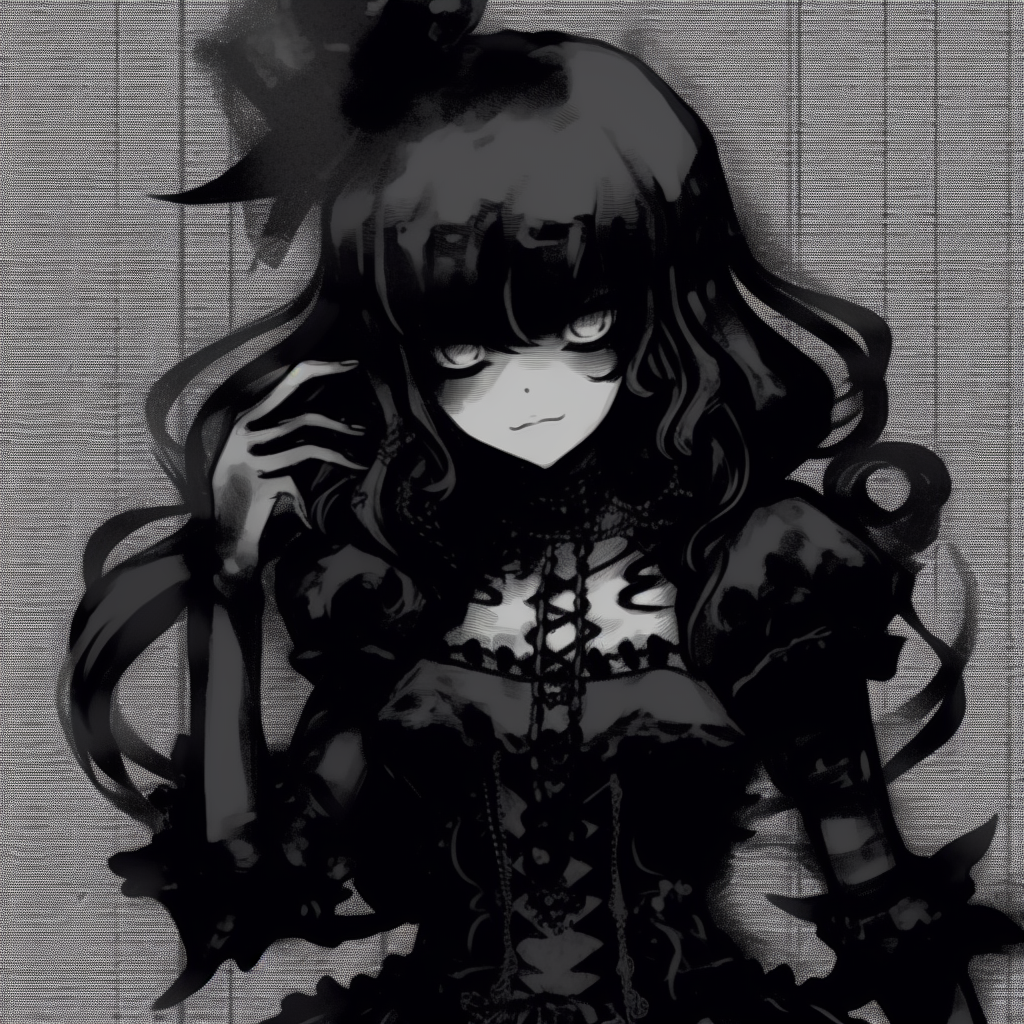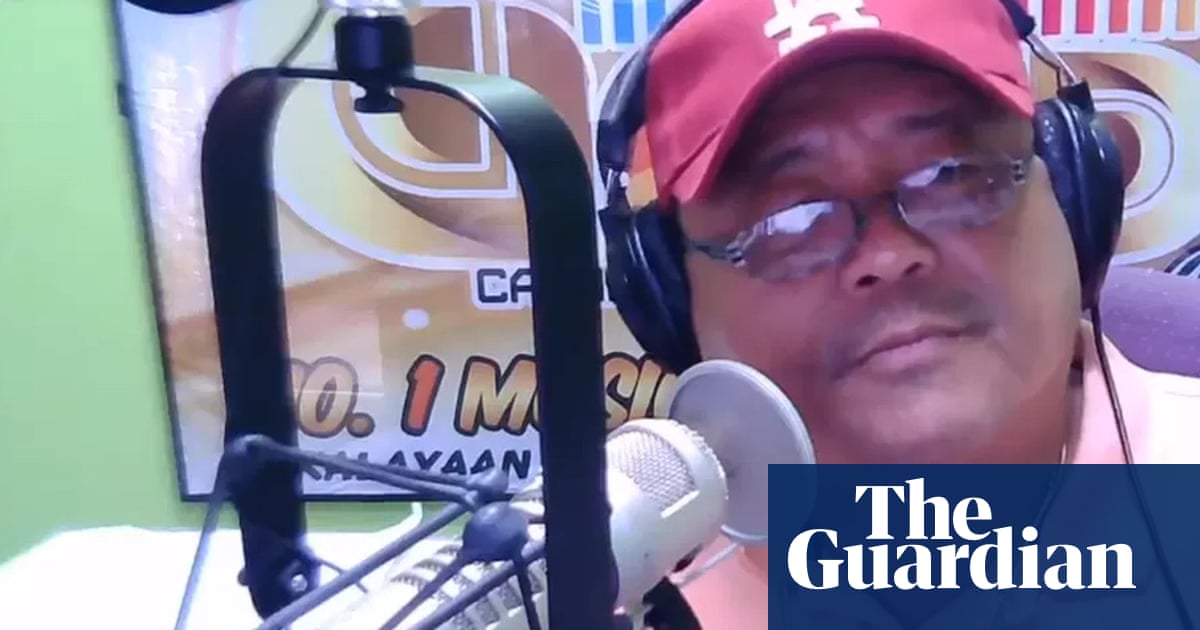A radio anchor in the southern Philippines has been fatally shot in his studio in a brazen attack witnessed by people watching the programme live on Facebook.
The gunman gained entry to the home-based radio station of Juan Jumalon, a provincial news broadcaster known also as DJ Johnny Walker, by pretending to be a listener. He then shot him twice during a live morning broadcast in Calamba town in Misamis Occidental province, police said.
The attacker snatched the victim’s gold necklace before fleeing on a motorcycle with a companion who had been waiting outside, police said. An investigation is under way to identify the gunman and establish if the attack was work-related.
The Philippines has long been regarded as one of the most dangerous places in the world for journalists.
President Ferdinand Marcos Jr strongly condemned the shooting and said he had ordered the national police to track down, arrest and prosecute the killers.
In 2009, members of a powerful political clan and their associates gunned down 58 people, including 32 media workers, in an attack in southern Maguindanao province. It was the deadliest single attack on journalists in recent history.
While the mass killing was later linked to a violent electoral rivalry common in many rural areas, it also showcased the threats faced by journalists in the Philippines. A surfeit of unlicensed guns and private armies controlled by powerful clans and weak law enforcement in rural regions are among the security concerns that journalists face in the poverty-stricken country.



This is the best summary I could come up with:
A radio anchor in the southern Philippines has been fatally shot in his studio in a brazen attack witnessed by people watching the programme live on Facebook.
The gunman gained entry to the home-based radio station of Juan Jumalon, a provincial news broadcaster known also as DJ Johnny Walker, by pretending to be a listener.
President Ferdinand Marcos Jr strongly condemned the shooting and said he had ordered the national police to track down, arrest and prosecute the killers.
In 2009, members of a powerful political clan and their associates gunned down 58 people, including 32 media workers, in an attack in southern Maguindanao province.
While the mass killing was later linked to a violent electoral rivalry common in many rural areas, it also showcased the threats faced by journalists in the Philippines.
A surfeit of unlicensed guns and private armies controlled by powerful clans and weak law enforcement in rural regions are among the security concerns that journalists face in the poverty-stricken country.
The original article contains 433 words, the summary contains 164 words. Saved 62%. I’m a bot and I’m open source!